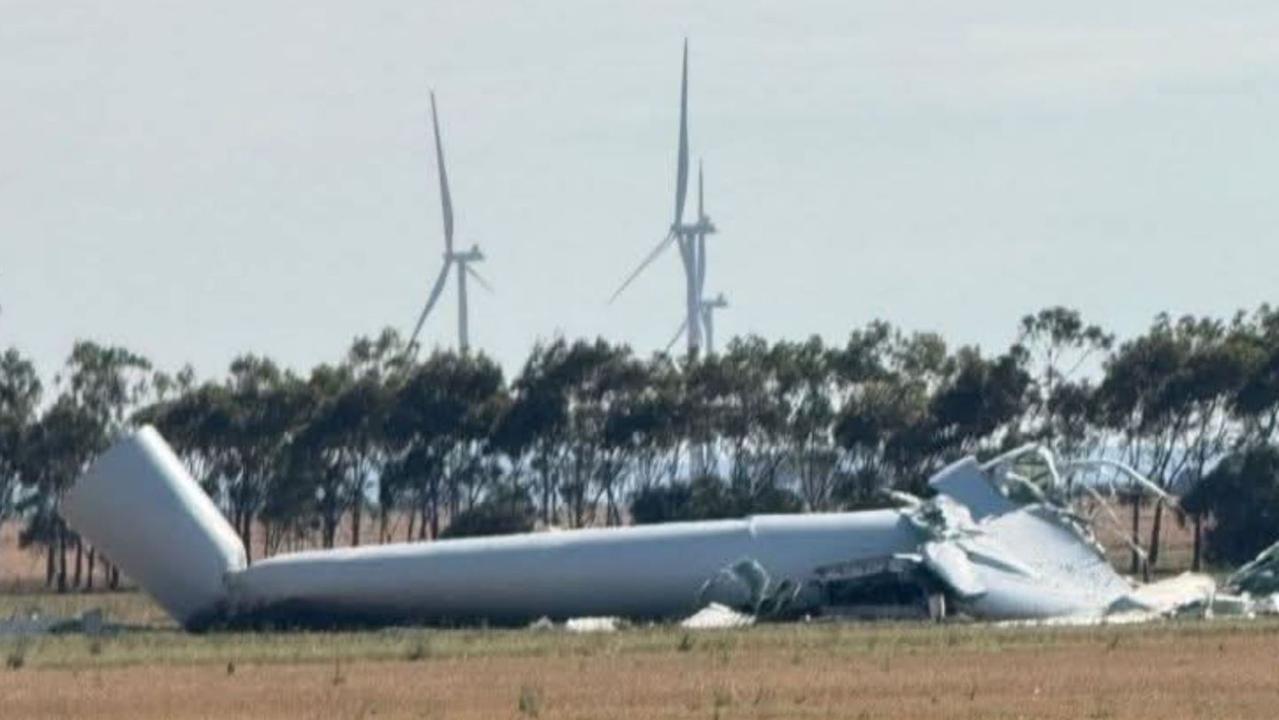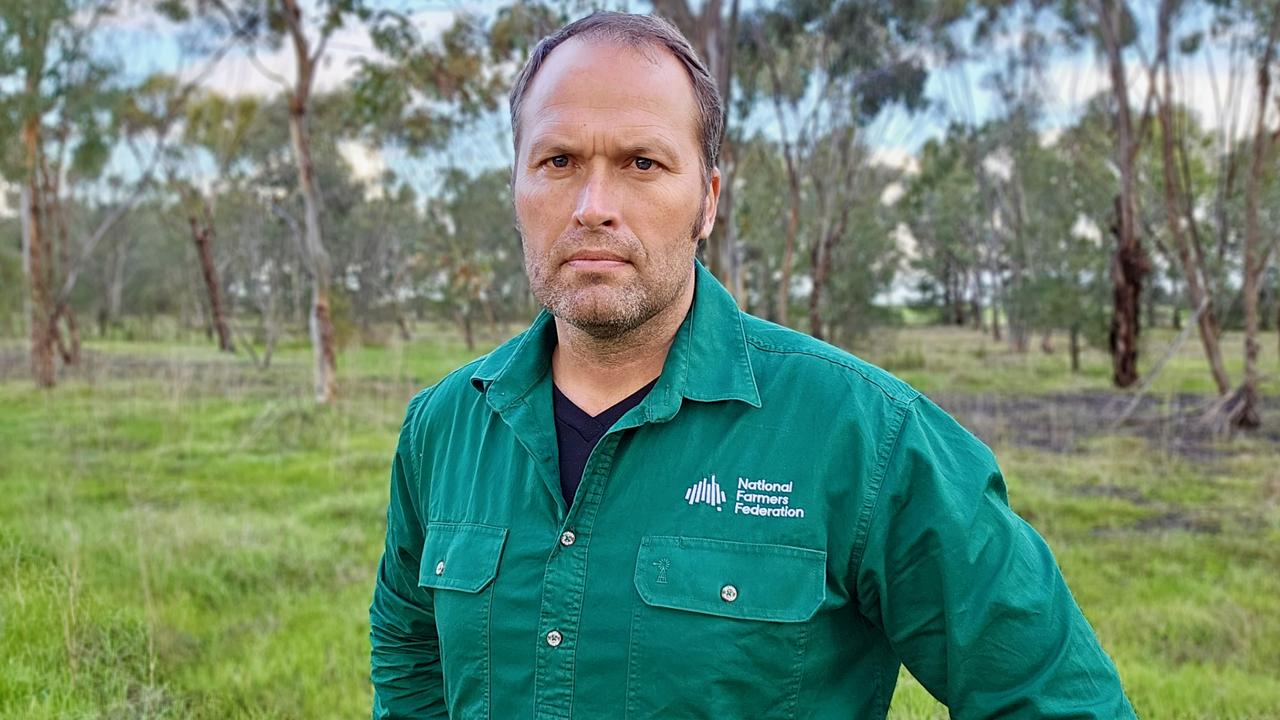Producers hoping for recovery after China agree to review tariff on Australian wine
Trade tensions continue to thaw as Beijing agrees to review its crippling tariff on Australian wine, leaving grapegrowers optimistic and wary in equal measure.
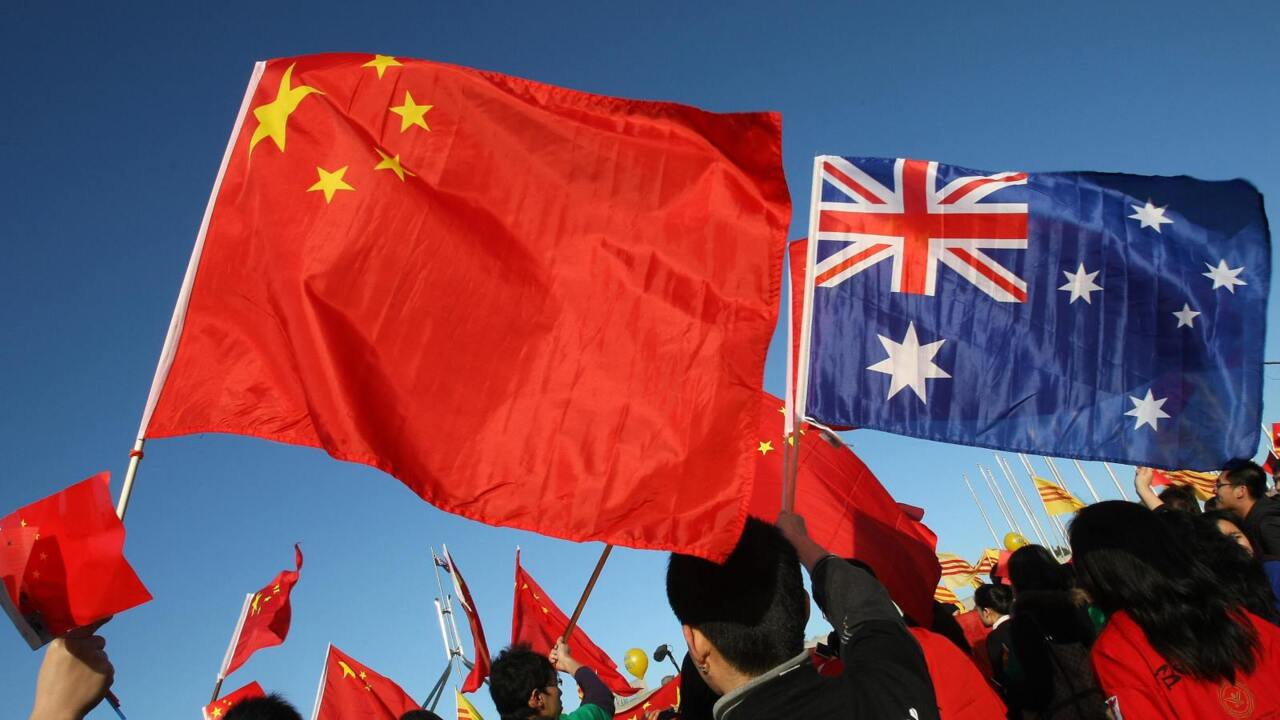
Australian wine producers have welcomed Beijing agreeing to review tariffs of up to 212 per cent it slapped on Australian wine exports in late 2020.
It is expected the review process will take five months.
The decision comes after the World Trade Organisation handed its preliminary findings on Australia’s challenge against China’s punishing tax regime - which has reduced the once $1.2 billion trade over the past three years to $8 million - but before they were made public.
Prime Minister Anthony Albanese saidAustralia would suspend its WTO dispute pending the outcome of China’s review, but that the dispute would resume if the duties were not ultimately removed.
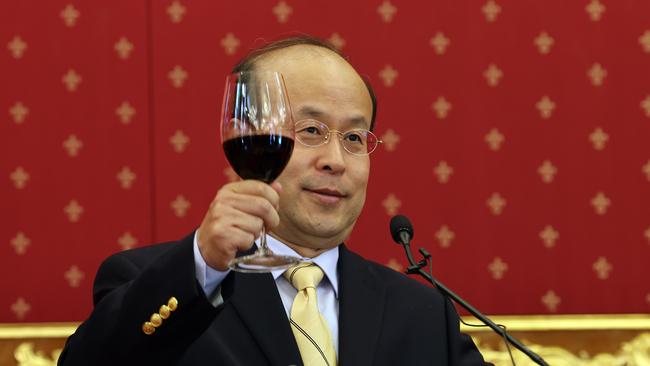
“We are confident of a successful outcome,” Mr Albanese said.
Australian Grape and Wine chief executive Lee McLean said the organisation would provide a market report to help Beijing decide if the snap import duties were “still fit-for-purpose”.
He said while China remained a “very important market” and, while it may once again become Australia’s biggest customer, he warned it was unlikely to return to $1.2bn in the short-to-medium term due to shifting domestic conditions.
He also emphasised that while “any pathway back into China was a good step”, Australia must continue to build resiliance by diversifying into new markets, particularly India.
Australian wine is currently exported to over 100 nations.
The review decision follows China announcing it would scrap the 80.5 per cent tax it placed on Australian barley in May 2020, in a sign of easing tensions between the two countries.
China claimed the tariffs placed on wine were an anti-dumping measure.
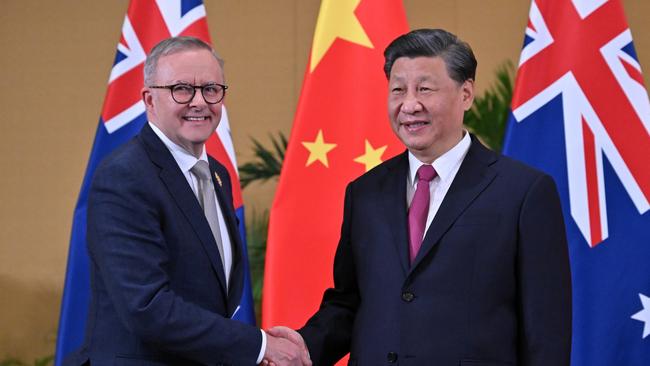
Riverina Winegrape Growers Association chief executive Jeremy Cass said “any help” was welcomed for red grape producers battling to find buyers for the 2024 crop, and others being paid as low as $150 tonne when $600 tonne was on offer three years ago.
“If China were to come back to the table it would definitely improve the situation, but not fix it,” Mr Cass said.
He said the five-month review finding would come after the 2024 vintage was finalised and that growers would remain at the mercy of wineries with a glut of 2.7 years of red wine stock – due to oversupply created by the tariffs – currently sitting in winery vats.
He said growers that had reduced plantings this season would likely be forced to reduce them further next year until the backlog was cleared.
Insiders said the government was pushing for a deal to be announced prior to Mr Albanese’s visit to China in early November.

There has been a noticeable shift in dialogue from China on wine in recent weeks, despite Australia rejecting a ’package’ deal in late September where Beijing offered to scrap the wine tax if Australia lifted its anti-dumping tariffs on some Chinese-made steel products.
However, Australia’s Anti-Dumping Commission released a preliminary recommendation last week that the tariffs on wind towers of up to 10.9 per cent not be extended beyond its April 16, 2024, expiry date.



